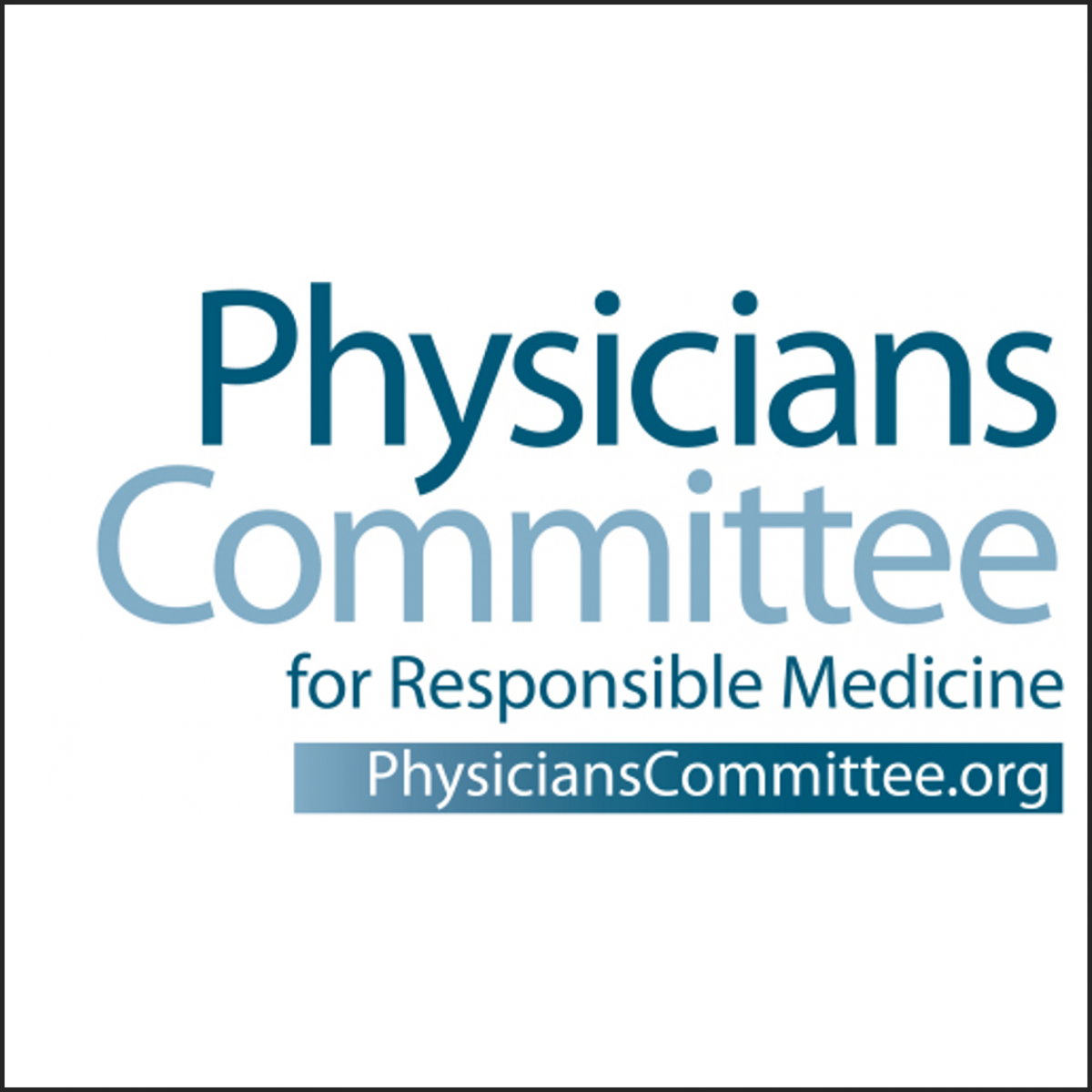Forsyth County Sheriff, Attorney General Urged to Investigate Wake Forest for "Planned Animal Cruelty" Involving Monkeys
A national physicians group is asking the Forsyth County Sheriff and North Carolina Attorney General to stop Wake Forest University from committing animal cruelty in a course scheduled for next week involving small monkeys. In a formal animal cruelty complaint filed today, the nonprofit Physicians Committee for Responsible Medicine explained that the procedures are likely to cause pain, suffering, injury, and potentially death.
The Physicians Committee explained in its complaint that a whistleblower informed it that the course, scheduled for Aug. 4-7, will allow pediatricians in training and others to perform invasive procedures on young vervet monkeys weighing about 2-4 pounds. Among the most invasive procedures to be performed on the monkeys is intubation, in which trainees force a plastic tube through the animals’ nasal passages or mouths and into their windpipes. The Physicians Committee points out that intubation can cause bleeding, scarring, injury to the vocal cords, and even fatal complications. Other procedures include inserting thin tubes into the animals’ urethras—which can cause painful bladder infections and injuries to the urethra—and using a needle to insert a tube into the artery, which can cause bleeding, infection, and the forming of blood clots.
In a related letter sent July 24 to NIH Director Jay Bhattacharya, the group called the practice “unjustifiable and possibly illegal,” pointing out that the animals to be used are part of a colony of vervets that received more than $1 million in funding from the agency earlier this year. It requested that the NIH instruct Wake Forest to cancel the course and halt funding for the colony.
The letter to the NIH, signed by a Harvard-trained pediatrician and other physicians, points out that no other pediatrics programs in the United States or Canada use animals. The physicians write that they have “never heard of a single medical center using monkeys” for this type of training. In a corresponding letter to Wake Forest University School of Medicine Dean L. Ebony Boulware, MD, MPH, they urge her to cancel the upcoming course.
The letters to the NIH and Dean Boulware emphasize that most trainees to whom the course is offered never take part and that more than 200 pediatrics programs in the U.S. and Canada teach procedures with lifelike newborn simulators, which Wake Forest owns, and shadowing of senior physicians.
"I never harmed animals to become a pediatrician,” said Margaret Peppercorn, MD, FAAP, of Portsmouth, R.I., who signed the letter. “The NIH should stop this course before it happens and cancel funding for this monkey colony that is failing to benefit patients.”
In the letter, Dr. Peppercorn and others point out the NIH’s recent effort to prioritize human-based research methods and reduce the use of animals mean Wake Forest’s vervet colony “appears misaligned with the agency’s evolving priorities.” The physicians point to experiments conducted using the colony related to Alzheimer’s, aging, obesity, and metabolic diseases that failed to benefit patients and that could have been done in humans or with human-relevant methods. One experiment forced 30 female vervets through a maze—including a pregnant monkey who carried her infant during the test—only to conclude that older animals walked slower. A paper published about the experiment acknowledged that numerous human clinical studies have been conducted on the issue but dismissed those studies as “difficult and expensive.”
Source: www.pcrm.org










List
Add
Please enter a comment